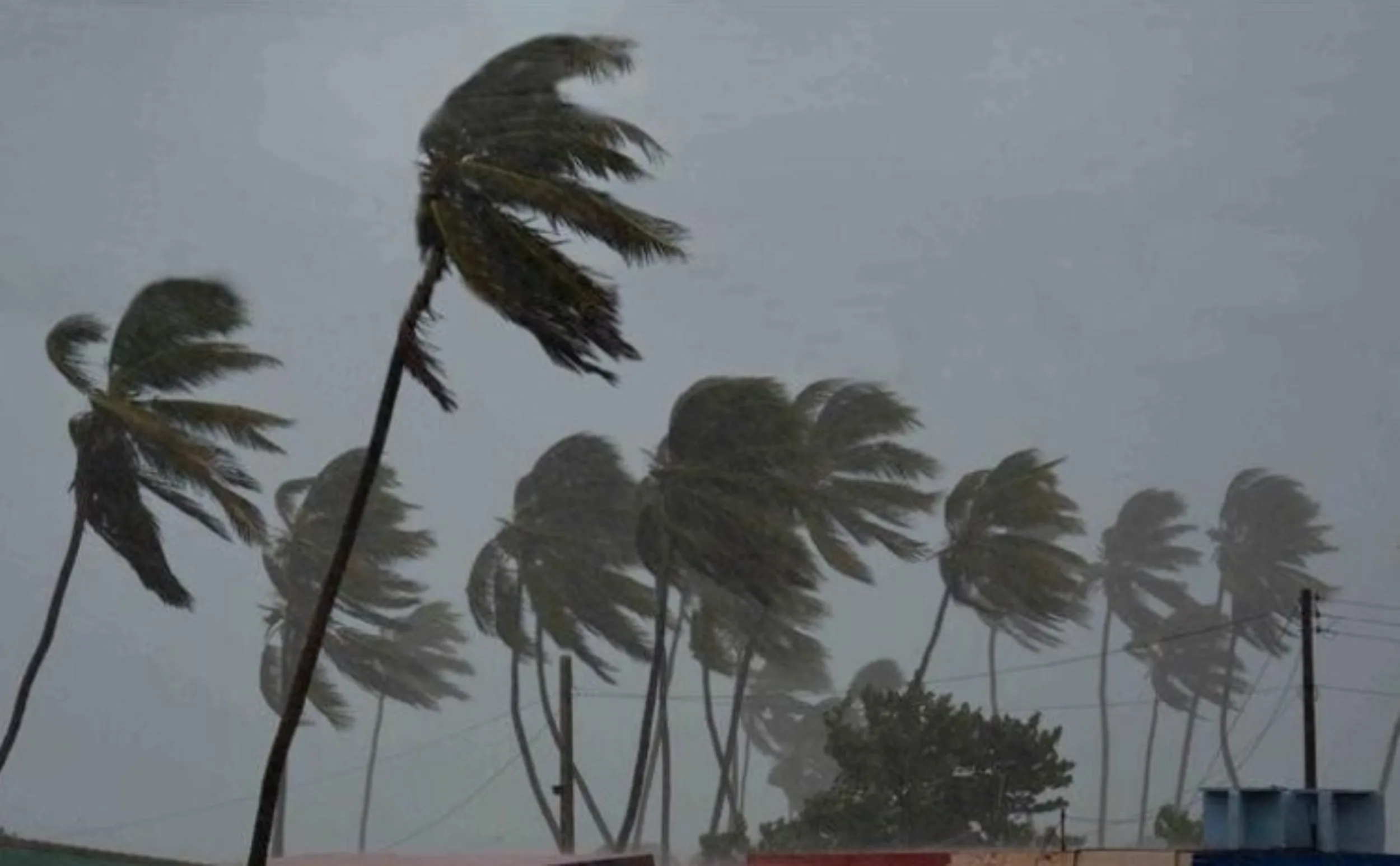Each year, thousands of families in the Pacific Islands face months of increased risk of damage and disruption to their homes due to severe cyclones.
Tropical cyclone season is from November to April, and Habitat for Humanity has been working with communities in Fiji, Samoa and Tonga to enable them to better prepare their homes for the next severe weather event.
“Through our work, we help communities be as prepared as possible before the next disaster strikes,” says Alan Thorp, Group Chief Executive Officer, Habitat for Humanity New Zealand.
“We take a community-led approach, whereby community members identify what their shelter risks are and then create an action plan to address these. In the past five years we’ve worked with 48 communities in Fiji, Tonga and Samoa, resulting in them taking ownership of how they will improve their living conditions – now, and in the long term,” says Mr Thorp.
For example, in Samoa, over the past five years 19 communities have identified the need for an evacuation centre to provide a safe haven for families to go to in an emergency, or as a community hub from which shelter materials and urgent supplies can be distributed from.
Other programmes, such as Water, Sanitation and Hygiene (WASH) have seen 101 water tanks installed in the past year to provide safe and reliable water sources after a severe weather event, when other infrastructure may be damaged.
Ahead of this year’s cyclone season, 114 people learnt how to reinforce their homes and roofs against extreme winds by applying cyclone strapping.
This is one of the techniques taught via the Build Back Safer (BBS) training.
“Together, we enable Pacific families to build self-reliance, and safer shelter for the long-term. Adequate and climate-resilient housing has a huge impact on the well-being of people and communities. It results in better quality of life and health outcomes.
“Through adequate shelter, the risks from extreme weather events and natural disasters are reduced, and families are empowered to better cope with the effects of climate change.
Habitat has worked in the Pacific for more than 20 years, with a focus on shelter and housing. The key Pacific programmes Habitat delivers are PASSA (Participatory Approach to Safe Shelter Awareness), BBS, WASH and Vocational Training. This is primarily funded by the Ministry of Foreign and Trade and supplemented by public donations.
If you wish to make a donation via credit card over the phone, please phone us on (09) 579 4111
You can donate via internet banking:
Habitat for Humanity New Zealand
ANZ
06-0177-0127197-00
If you wish your donation to go to a specific appeal please include in the payment Reference
If you make a donation on our website your receipt will be emailed to you automatically.
If you choose to donate via internet banking, you will receive your receipt via email 1-2 days after you make your donation. If no email address is given, your receipt will be posted to the address given.
Donations over $5.00 are tax deductible. You can submit your receipt to IRD website, and they will process your tax rebate.
Yes, you can give regular monthly donations to your chose Habitat for Humanity appeal. Just select 'give monthly' when processing your donation payment.
You can change, cancel or suspend your monthly donation at any time. Please email us at info@habitat.org.nz, or phone us on (09) 579 4111.
Your credit card will be charged once you submit your first monthly gift, and future donations will be made on that same day going forward. If you wish to change your payment date to better suit your pay cycle, please get in touch via information@habitat.org.nz, or phone us on (09) 579 4111 and we can easily action that for you.
Yes, you will receive an annual tax receipt at the close of the financial year, recording all donations.
Yes, if you wish to donate via internet banking, our details are
Habitat for Humanity New Zealand
ANZ
06-0177-0127197-00
If you wish your donation to go to a specific appeal, please enter into your Reference
One tax receipt recording all your donations for the financial year, making it easy to claim your tax rebate.
With small payments spread out month to month, becoming a HopeBuilder can suit any budget. Even a small amount can have a huge impact.
Your donation occurs automatically each month, and you can pause, downgrade, upgrade, or cancel at any time.
Your regular support ensures long-term impact, all year long.
Please fill in the below enquiry form and we will be in touch soon.
Please fill in the below enquiry form with your details and we will be in touch within 2 working days.
